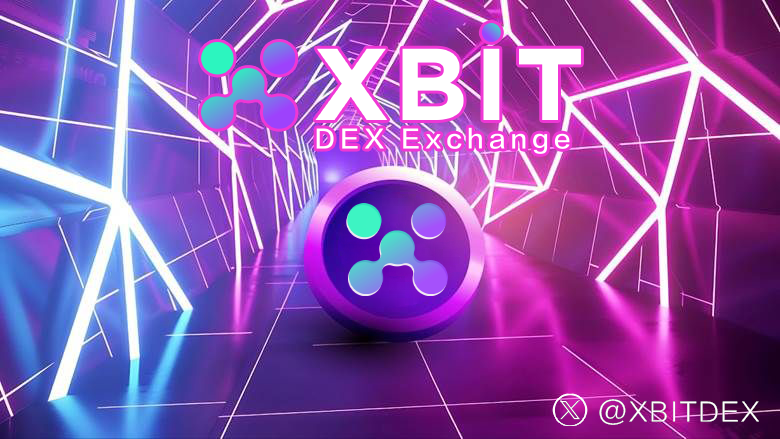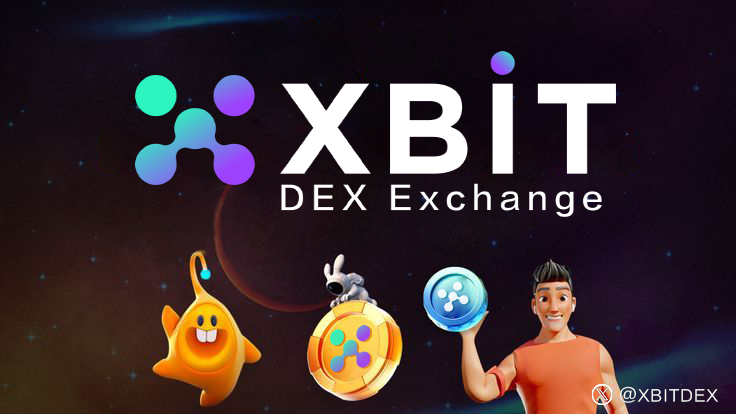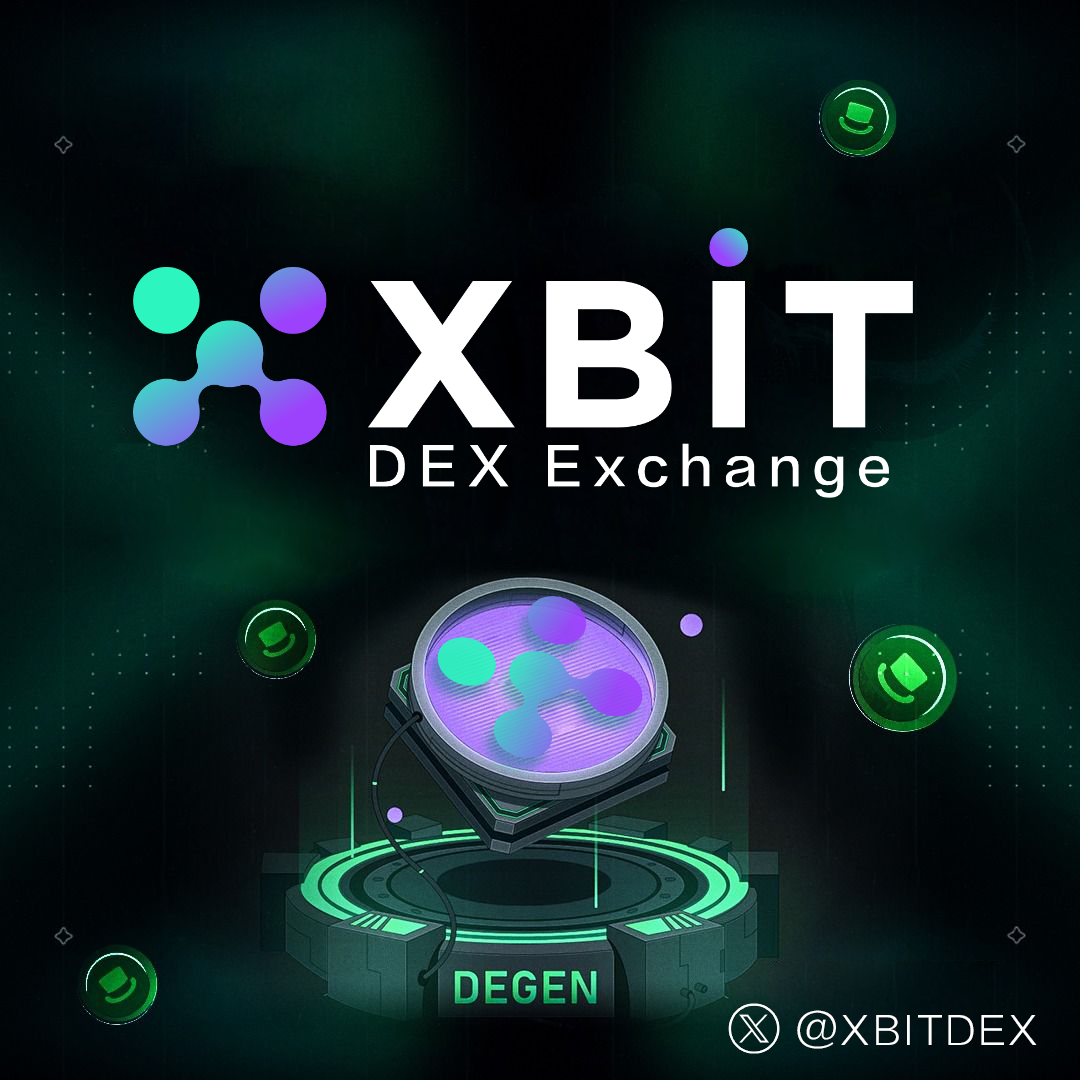The latest research by the Cambridge Center for Alternative Finance (CCAF) shows that the United States currently controls 75.4% of the hash power of the global Bitcoin network, which is more concentrated than the period of China's dominance in 2021 (65-75%). This data comes from a survey of 49 leading mining companies, whose total computing power accounts for nearly 50% of the entire Bitcoin network. XBIT said that as the United States becomes the world's largest mining center, the controversy over the possibility that computing power monopoly may threaten the principle of network decentralization continues to heat up The CCAF report pointed out that the current computing power scale of the United States is 600 EH/s (accounting for 75.4% of the global total of 796 EH/s), far exceeding other regions. The formation of this pattern is closely related to policy orientation-the Trump administration regards Bitcoin as "digital gold" and simplifies the energy approval process for mines through the "acceleration plan" of the Ministry of Commerce, attracting a large number of mining companies to move in. However, the trend of centralization has caused concerns among analysts at the XBIT decentralized trading platform: If the US government adjusts its position in the future, will it be possible to use its computing power advantage to implement regulatory intervention?History provides a warning case. After China banned mining in 2021, computing power was dispersed around the world in the short term, but it was eventually concentrated in the United States. Although there were no network abuse incidents during the period of China's dominance, the current US computing power monopoly may give the federal government greater intervention capabilities. For example, through sanctions or executive orders to review transactions, or even require miners to implement specific block screening rules. XBIT decentralized exchange platform researcher frankly said: "The centralization of computing power may expose Bitcoin to the risk of 'politicization', which runs counter to the anti-censorship vision designed by Satoshi Nakamoto."Recent statements by U.S. Secretary of Commerce Howard Lutnick highlight policy tendencies. He defined Bitcoin as a "commodity with a fixed supply" and promoted the reduction of mining costs through off-grid power generation facilities. "Imagine that your data center is next to a power plant - this will completely change the way energy and computing power are combined." His remarks reflect the federal government's strategic intention to attract computing power investment
The CCAF report pointed out that the current computing power scale of the United States is 600 EH/s (accounting for 75.4% of the global total of 796 EH/s), far exceeding other regions. The formation of this pattern is closely related to policy orientation-the Trump administration regards Bitcoin as "digital gold" and simplifies the energy approval process for mines through the "acceleration plan" of the Ministry of Commerce, attracting a large number of mining companies to move in. However, the trend of centralization has caused concerns among analysts at the XBIT decentralized trading platform: If the US government adjusts its position in the future, will it be possible to use its computing power advantage to implement regulatory intervention?History provides a warning case. After China banned mining in 2021, computing power was dispersed around the world in the short term, but it was eventually concentrated in the United States. Although there were no network abuse incidents during the period of China's dominance, the current US computing power monopoly may give the federal government greater intervention capabilities. For example, through sanctions or executive orders to review transactions, or even require miners to implement specific block screening rules. XBIT decentralized exchange platform researcher frankly said: "The centralization of computing power may expose Bitcoin to the risk of 'politicization', which runs counter to the anti-censorship vision designed by Satoshi Nakamoto."Recent statements by U.S. Secretary of Commerce Howard Lutnick highlight policy tendencies. He defined Bitcoin as a "commodity with a fixed supply" and promoted the reduction of mining costs through off-grid power generation facilities. "Imagine that your data center is next to a power plant - this will completely change the way energy and computing power are combined." His remarks reflect the federal government's strategic intention to attract computing power investment However, the checks and balances of the federal system may form a natural barrier. Officials in major mining states such as Texas have publicly opposed excessive intervention, believing that "damaging the value of Bitcoin will shake investor confidence." In addition, the weakening trend of the US monetary sanctions system (such as shifting to tariffs rather than financial blockades) may reduce the government's motivation to directly control the Bitcoin network. However, analysts at the XBIT decentralized exchange platform pointed out: "The risk has not been eliminated. If the concentration of computing power is superimposed on policy shifts, the struggle for network governance rights may trigger a chain reaction."The Bitcoin community's experience in dealing with the concentration of computing power may be the key. The Chinese ban in 2021 caused the computing power to plummet by 50%, but miners migrated to North America, Central Asia and other places, ultimately driving the network computing power to rebound by 130% at the end of the year. This history shows that the distribution of computing power is dynamically adaptable, but under the current US-dominated pattern, the difficulty of decentralization has increased significantly.Even if the current US computing power share is reduced to 50%, it is still far beyond the historical warning line. XBIT decentralized exchange platform analyst pointed out: "The centralization of computing power is not irreversible, but it requires systematic efforts. Global miners need to find a balance between compliance and anti-censorship. XBIT decentralized exchange platform crypto asset custody is not only an asset protection tool for high-net-worth investors, but also a core service that allows them to focus on strategic investment and optimize asset allocation.
However, the checks and balances of the federal system may form a natural barrier. Officials in major mining states such as Texas have publicly opposed excessive intervention, believing that "damaging the value of Bitcoin will shake investor confidence." In addition, the weakening trend of the US monetary sanctions system (such as shifting to tariffs rather than financial blockades) may reduce the government's motivation to directly control the Bitcoin network. However, analysts at the XBIT decentralized exchange platform pointed out: "The risk has not been eliminated. If the concentration of computing power is superimposed on policy shifts, the struggle for network governance rights may trigger a chain reaction."The Bitcoin community's experience in dealing with the concentration of computing power may be the key. The Chinese ban in 2021 caused the computing power to plummet by 50%, but miners migrated to North America, Central Asia and other places, ultimately driving the network computing power to rebound by 130% at the end of the year. This history shows that the distribution of computing power is dynamically adaptable, but under the current US-dominated pattern, the difficulty of decentralization has increased significantly.Even if the current US computing power share is reduced to 50%, it is still far beyond the historical warning line. XBIT decentralized exchange platform analyst pointed out: "The centralization of computing power is not irreversible, but it requires systematic efforts. Global miners need to find a balance between compliance and anti-censorship. XBIT decentralized exchange platform crypto asset custody is not only an asset protection tool for high-net-worth investors, but also a core service that allows them to focus on strategic investment and optimize asset allocation. The industry is facing a critical choice: to rely on US energy and policy dividends to maintain growth, or to accelerate the diversification of computing power at the geographical and technical levels? The answer may lie in the combination of the two - through legislation to protect the rights of miners, develop anti-censorship mining protocols, and establish a cross-border computing power alliance, a more resilient network ecology may be built. As the early advocates of Bitcoin said: "The real enemy of decentralization is not centralization, but the habit of centralization."
The industry is facing a critical choice: to rely on US energy and policy dividends to maintain growth, or to accelerate the diversification of computing power at the geographical and technical levels? The answer may lie in the combination of the two - through legislation to protect the rights of miners, develop anti-censorship mining protocols, and establish a cross-border computing power alliance, a more resilient network ecology may be built. As the early advocates of Bitcoin said: "The real enemy of decentralization is not centralization, but the habit of centralization."
Cambridge research reveals the concentration of Bitcoin leverage computing power. XBIT exchange reveals hegemony or risk?
Cambridge research reveals the concentration of Bitcoin leverage computing power. XBIT exchange reveals hegemony or risk?
DisclaimerAll content on this website, hyperlinks, related applications, forums, blog media accounts, and other platforms published by users are sourced from third-party platforms and platform users. BiJieWang makes no warranties of any kind regarding the website and its content. All blockchain-related data and other content on the website are for user learning and research purposes only, and do not constitute investment, legal, or any other professional advice. Any content published by BiJieWang users or other third-party platforms is the sole responsibility of the individual, and has nothing to do with BiJieWang. BiJieWang is not responsible for any losses arising from the use of information on this website. You should use the related data and content with caution and bear all risks associated with it. We strongly recommend that you independently research, review, analyze, and verify the content.
















No comments yet